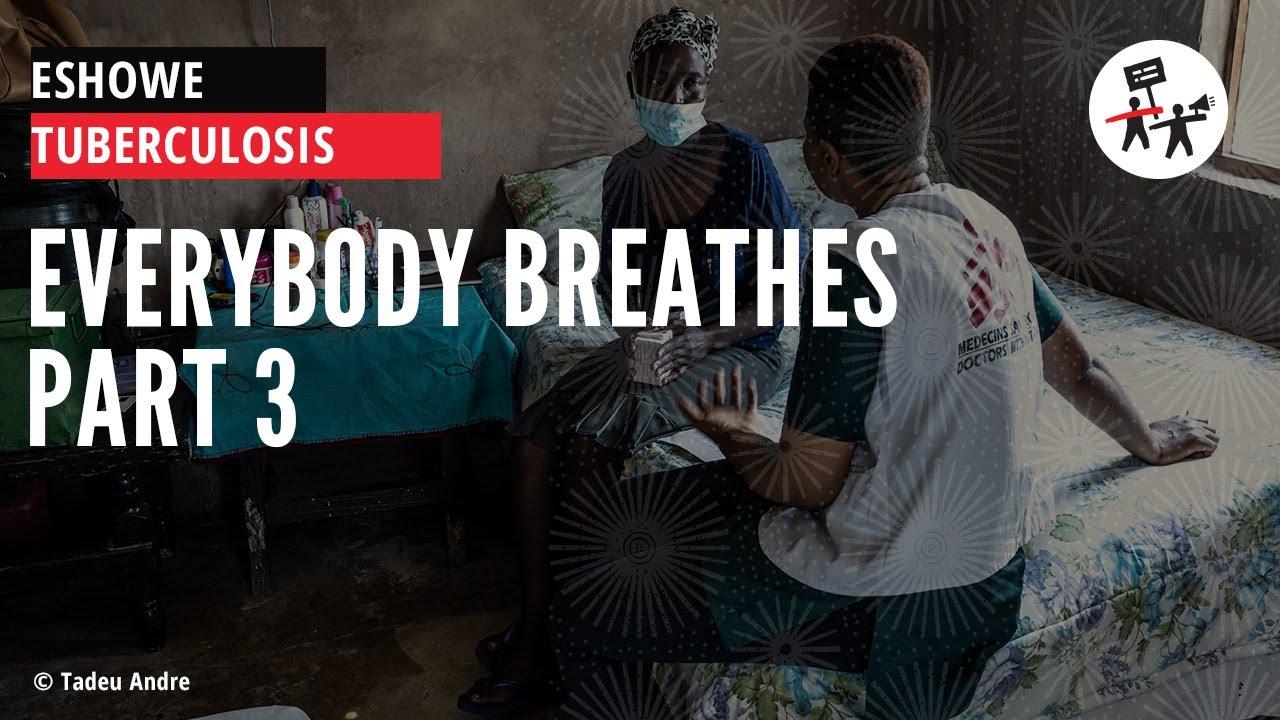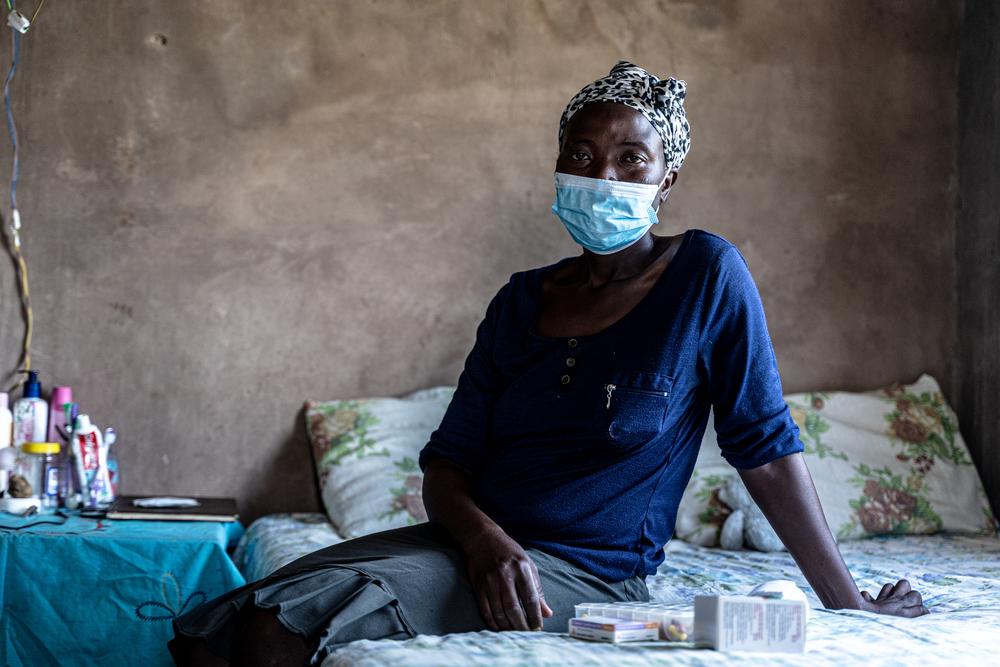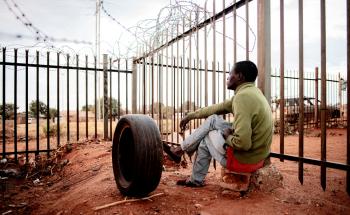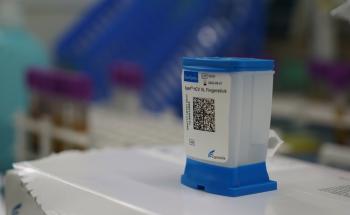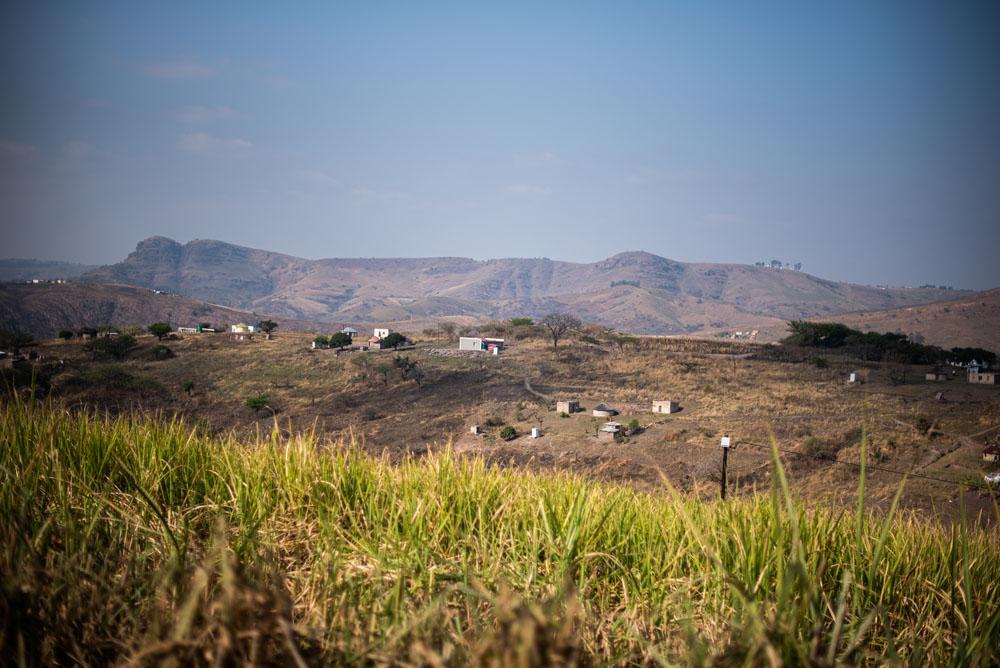On 5 February, the National Department of Health released the long-awaited results of their 2018 tuberculosis (TB) prevalence survey. The survey was an important achievement, marking the first time South Africa was able to document the actual numbers of people living with TB in the country. Although the work was impressive, the news was not good: an estimated 390,000 people were found to be living with TB in South Africa in 2018, and more than 154,000 of them were never diagnosed or treated for their disease.
Given that the average household size in South Africa is 3.3 persons, this means 897,000 South Africans were exposed to TB within their homes, a figure which is likely much higher today due to the severe negative impacts of COVID-19 on the availability and uptake of TB services. Given how people were instructed to stay home during the country’s multiple lockdowns, enhanced strategies for preventing close contacts of TB patients from developing TB disease are urgently needed.
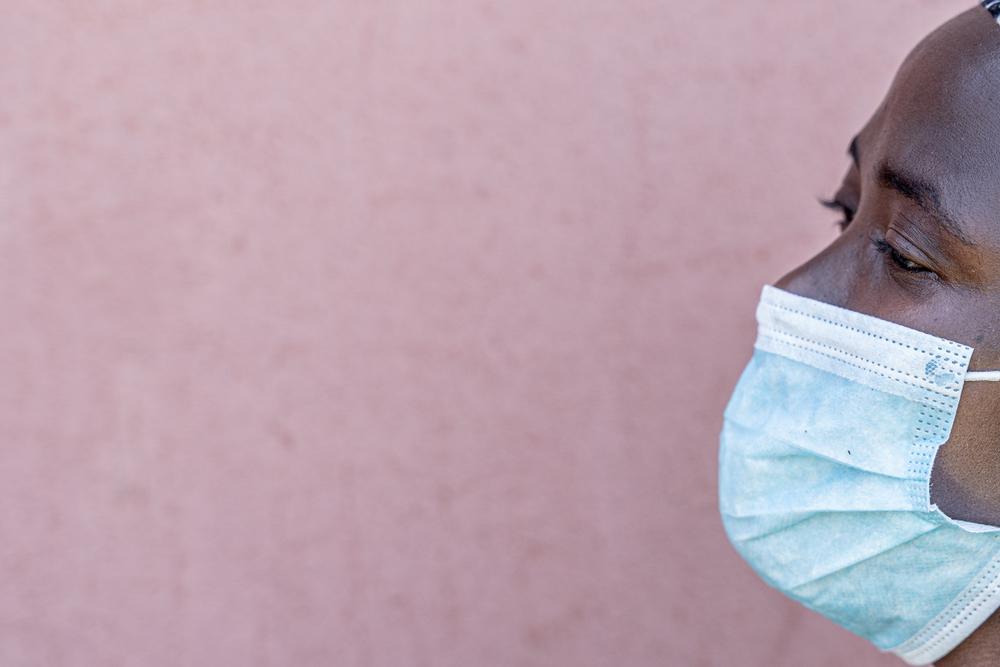
TB prevention is a major leg of the World Health Organization’s (WHO) strategy to “End TB” by 2035, and one of strategies recommended by the WHO is the provision of TB preventive treatment (often abbreviated to TPT) to those who are at high risk of developing TB disease. Studies show the effectiveness of TPT in preventing TB disease ranges from 60% to 90%, and protection can last many years.
At the United Nations High-Level Meeting (UNHLM) on TB in New York in 2018, world leaders committed to providing TPT to at least 30 million people by 2022, including giving this preventative treatment to 20 million people who live in the same houses as individuals with diagnosed TB disease. We are far from reaching this target. In the years since the UNHLM, fewer than 1 in 5 people who had a household TB exposure were started on preventive therapy globally.
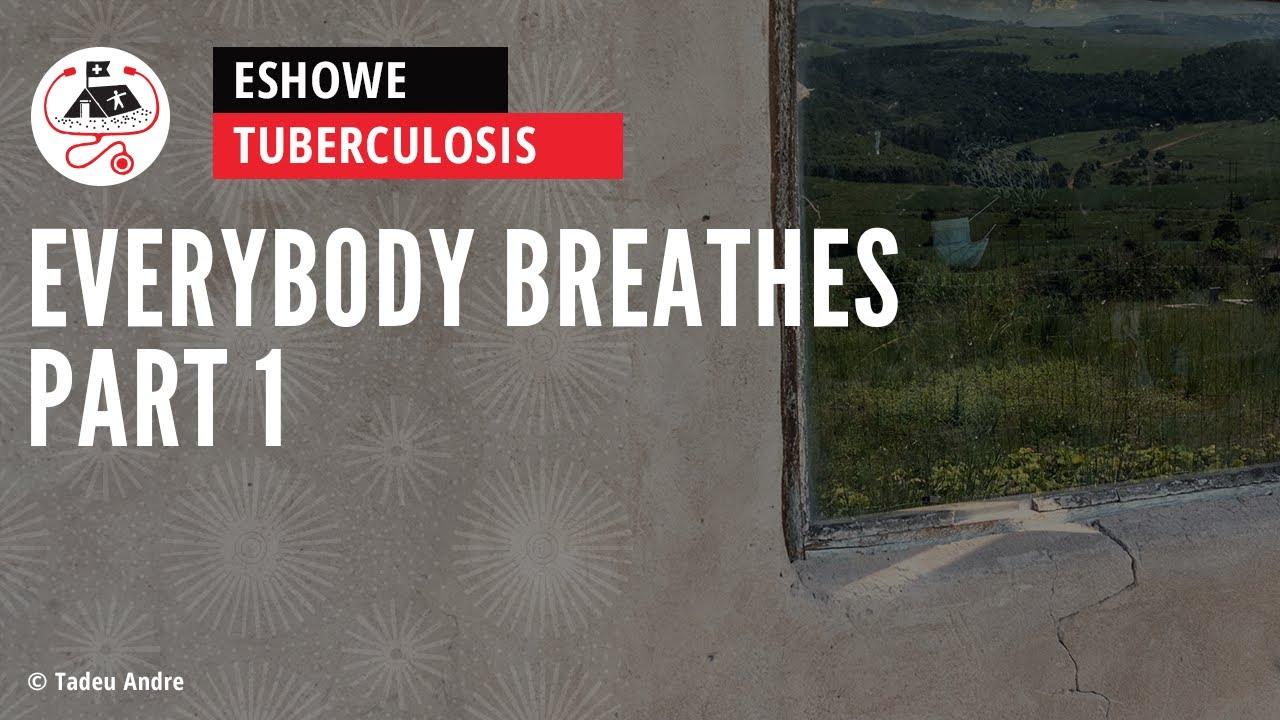
Everybody Breathes: Part 1
Why are we failing? The challenges are multi-faceted, but a TB prevention program piloted by Doctors Without Borders (MSF) in partnership with the Department of Health in Khayelitsha in the Western Cape reveals some important implementation lessons. MSF launched a pilot program in 2017 that set out to actively screen for TB and follow up adolescents and children who had been exposed to drug-resistant TB (DR-TB) in their households.
This was done to enable a rapid response if these individuals did in fact develop DR-TB disease. We chose to focus on older children and adolescents because only 8% of the estimated 25 000 children and adolescents who become sick with DR-TB each year are diagnosed and started on treatment.
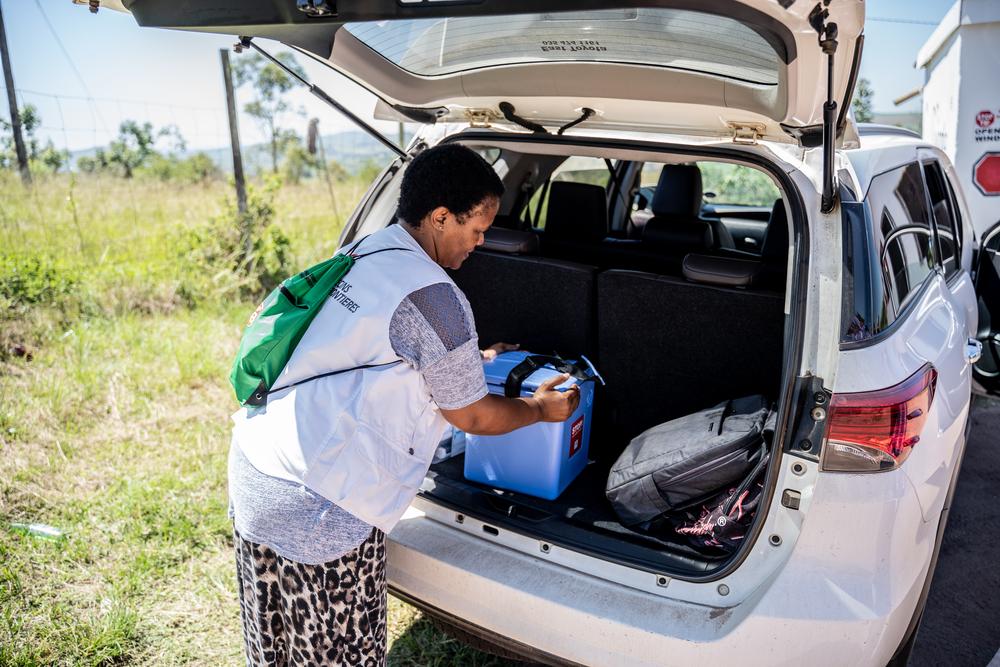
Accessing this group was a difficult task, and ultimately between 2017 and 2019, our program was only able to enrol 10% of eligible participants. While there were multiple reasons for the low uptake, this was largely because the program was based in the health centres, presenting serious logistical and other challenges for children and their caregivers. At the time there was no official guidance around the provision of TPT to people who had been exposed to DR-TB, and so the program did not offer it.
In March 2020, with South Africa in COVID-19 lockdown, we re-launched the program but this time taking a home-based approach, with MSF teams conducting clinical assessments of the exposed children at their homes. Thanks to the publication of updated and very progressive DR-TB guidelines in 2019 we were able to offer TPT.
We were also able to offer therapy that was easier to take, having gained access to child-friendly medications, which we dispensed in multi-month packets. Enrolment in the program accelerated dramatically. We arranged for telephonic or home-based follow up for most of the household members on TPT, ruling out the need to attend the clinic unless there were medical concerns. Almost 80 children have been given this life-saving TPT, with 89% of them completing their therapy. Their caregivers described the tremendous relief they felt at not having to simply “wait and watch” to see if their children would become sick with DR-TB.
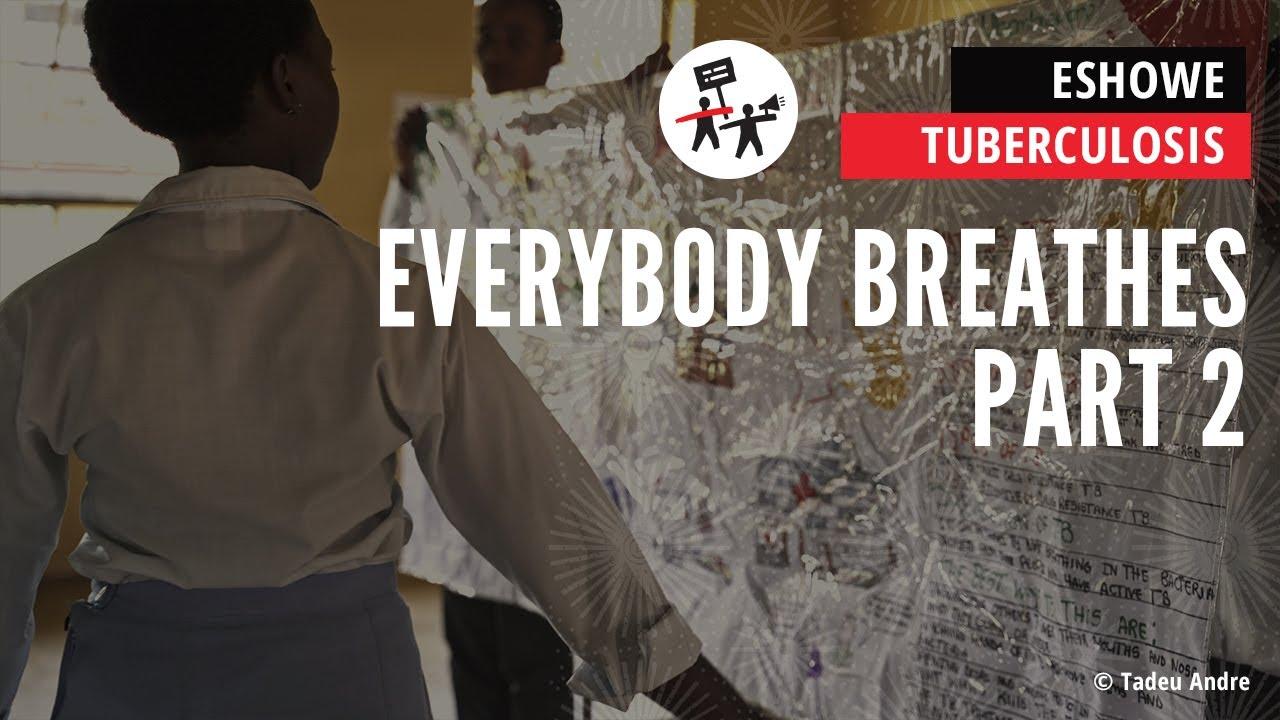
Treating TB in Eshowe, South Africa
The numbers revealed in the South African TB prevalence survey are daunting, especially when it comes to preventing TB. COVID-19 has likely worsened this situation and there could be catastrophic consequences from this new pandemic, not only for people living with TB and their families but also for overburdened health services. Our experience in Khayelitsha suggests a way forward not only for diagnosing and treating more people with TB but also for preventing TB in those whose health is at risk.
Based on what we have seen in the communities we serve, the likelihood of success in these efforts will be improved by involving community health workers to offer services close to where people live, including in their homes, or establishing after-hours services for groups who work or attend school. Health promotion is also urgently needed to increase public awareness around TB and the importance of TB prevention, including TPT. Sadly, at present, preventative treatment is not prioritized as an essential service in the health care system. To save more lives, especially in the era of COVID-19, this needs to urgently change.
Ivy Apolisi is a nurse working for MSF in Khayelitsha and Dr Colin Pfaff, is MSF’s project manager in Khayelitsha.
